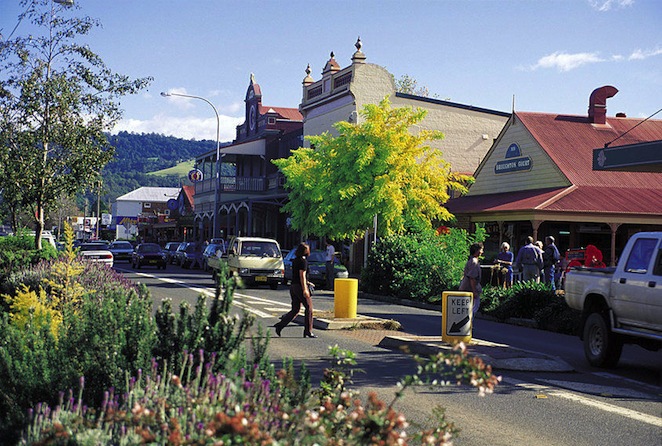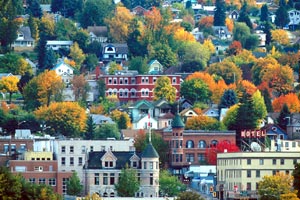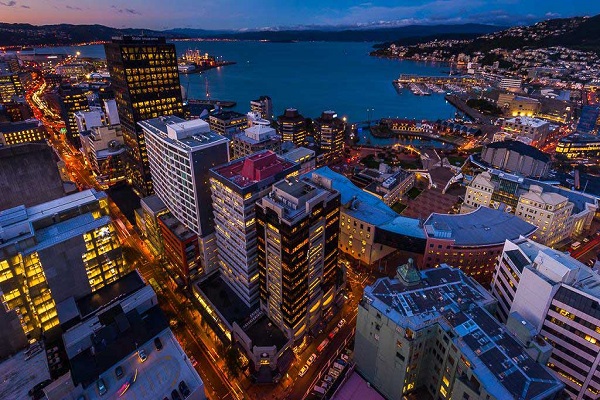Croatia
Find Eduxpress Programmes
The Croatian higher education system has a long educational tradition preserved primarily through the work of its public universities.
Croatia has a binary higher education system, meaning that prospective students can choose between two types of higher education studies:
The Croatian higher education system is now structured according to three cycles (undergraduate, graduate and postgraduate) and higher education studies in Croatia are organised according to the system of transferable credits, thus making it easier for international students (from Europe and beyond) to study in Croatia and have their studies recognised in their home countries.
You don't need to rob a bank in order to study in Croatia. Most Bachelor's programmes cost between 800 and 4,000 EUR per academic year. Tuition fees for Master's programmes vary more, but they are still more affordable than what you'd pay at a Western university.
The same thing is true for living costs, which will take 400–700 EUR out of your pocket every month.
You shouldn't face any language barriers while in Croatia, especially in popular places like Zagreb, Rijeka, and Istria. Statistically speaking, around 80% of Croatians speak multiple languages, with English being the most widely spoken.
While Croatian universities don't usually provide any funding, the Croatian Ministry of Science and Education does. It comes in the form of bilateral agreements, Erasmus Plus programmes, or other mobility opportunities. Learn how to apply for a scholarship in Croatia.
In their spare time, students can have fun by visiting the most beautiful Croatian sites. With a rich cultural heritage and large area of unspoiled natural land, there are many options available.
We recommend visiting: the Plitvice Lakes National Park, the Krka National Park, Diocletian's Palace, the Walls of Dubrovnik, the Golder Horn, the Kvarner Gulf, Stradun, etc.
Let's take a closer look at tuition and living expenses in Croatia:
Here's what you need to know about tuition fees:
As an international student, you need around 400–700 EUR per month to cover your living costs. Depending on your lifestyle, costs may go up or down. Here's a breakdown of average living expenses in Croatia:
Croatia (Hrvatska), officially the Republic of Croatia (Republika Hrvatska) is situated in South-Eastern Europe at the crossroads of the Adriatic Sea and the Pannonian Plain.
Croatia is an ex-Yugoslav country that declared its independency from Yugoslavia in 1991 and is a member of the EU since 2013.
Croatia borders with Hungary in the north, Slovenia in the north-west, Serbia in the north-east, Bosnia and Herzegovina in the total length of the lower part of the Croatia’s crescent shape, Montenegro in the extreme south, and Italy and Slovenia on the Adriatic Sea.
Croatia is classified as an emerging and developing economy by the International Monetary Fund and a high income economy by the World Bank. Traditionally, Croatia is a tourism oriented country.
Historical heritage, natural beauty and a pleasant climate make up the framework which, together with high quality accommodation, gastronomic excellence and a rich supply of activities and entertainment, enables Croatia to attract the modern-day tourist.
Zagreb is the capital of Croatia and also the largest city in the country. It is situated in the north-west of the country, along the Sava River with a population of almost one million inhabitants. It is the political, economic, cultural and scientific centre of Croatia.
The official currency of the Republic of Croatia is the Kuna (shortened to “HRK” or “kn”) and it is subdivided into 100 Lipa (shorted to “lp”).



